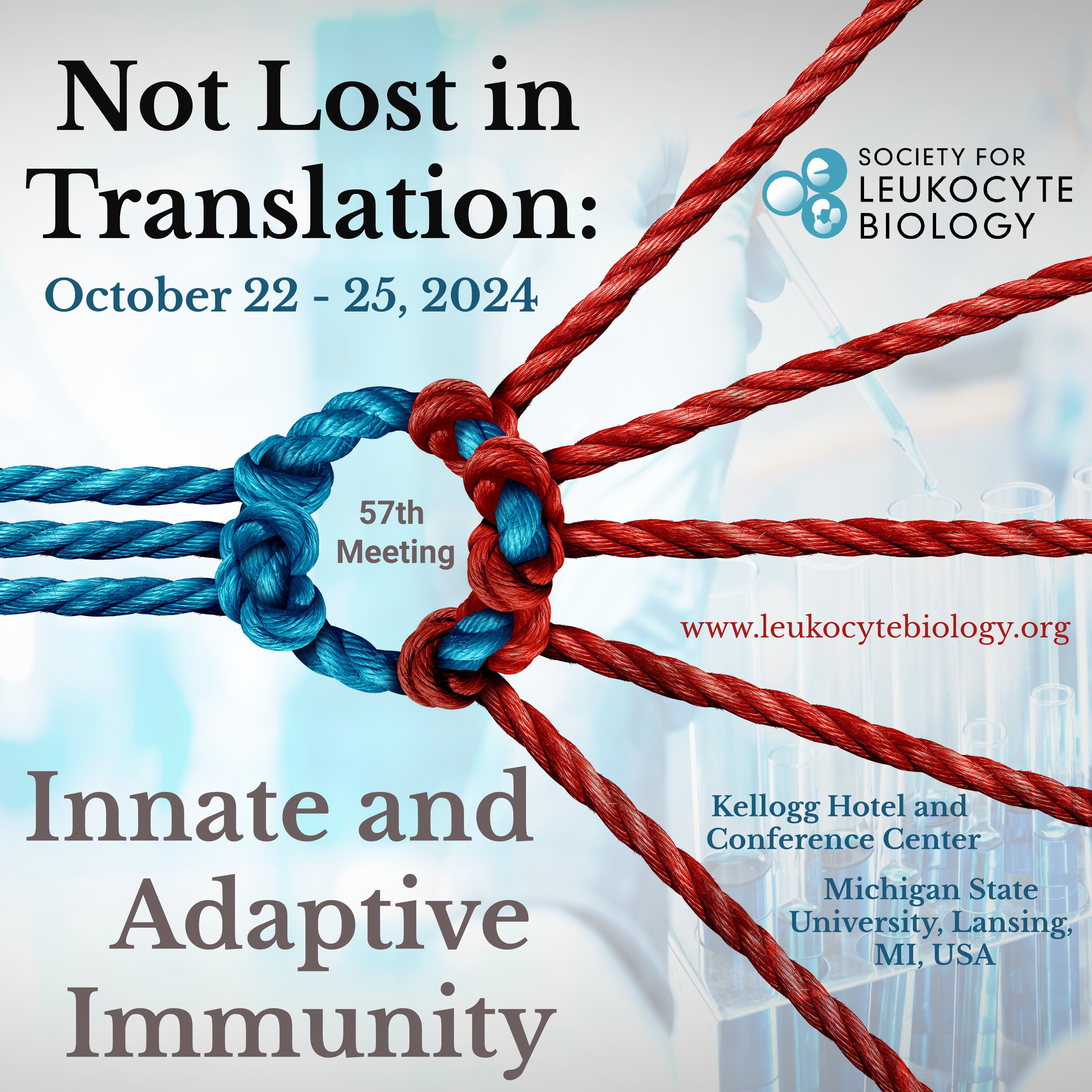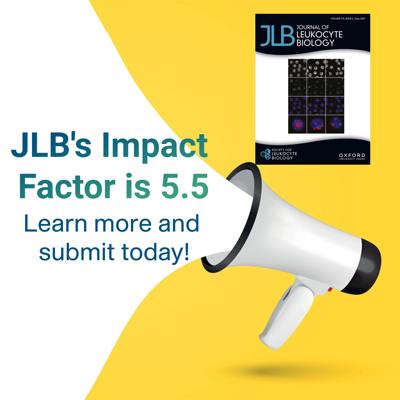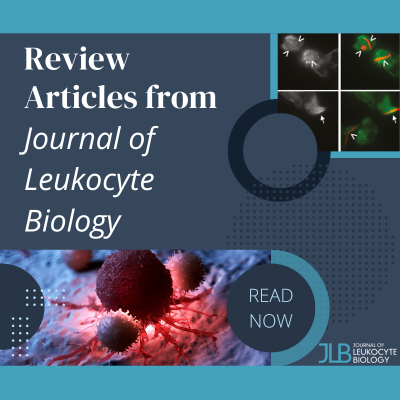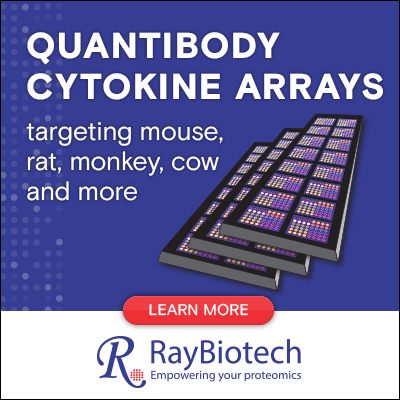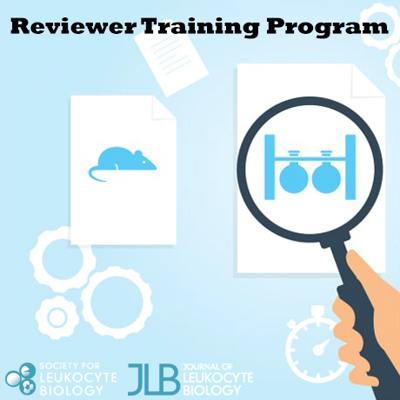| Machine Learning Webinar: Using Machine Learning to Unravel Complex Immune Signatures in Type 1 Diabetes |
Machine Learning Webinar: Using Machine Learning to Unravel Complex Immune Signatures in Type 1 DiabetesJoin for this timely webinar featuring Dr. Todd Brusko, University of Florida and facilitated by Jared Taylor, University of Alabama at Birmingham. The webinar will be held on Wednesday June 12, 2024 from 12-1pm eastern. registration is free for SLB members. Looking for other resources regarding AI? Check out this article provided by ImmunoReach about AI in the classroom. Register Now
The research interests of the Brusko Laboratory are centrally themed around understanding the mechanisms by which the immune system maintains a state of control, often referred to as immunological tolerance. This includes studies of the innate and adaptive immune system, with a particular focus on adaptive immune receptor diversity and control through costimulation. A portion of the Brusko lab is dedicated to understanding the genetic variants controlling these processes, as well as identifying the mechanisms at play in individuals who develop immune-mediated diseases. Dr. Brusko has previously published over 140 studies reporting cellular immune defects in patients with autoimmune diseases, sepsis, and cancer and investigated cellular immune mechanisms and biological basis of such diseases. A major goal of the Brusko Laboratory is to create a basic understanding of immune system development over the human lifespan in peripheral blood and within central and peripheral immune tissues. Toward this goal, the Brusko Laboratory has been involved in several team science projects including the Network for Pancreatic Organ donors with Diabetes program (JDRF - nPOD), the Human Biomolecular Atlas Program (HuBMAP –NIH Directors Fund), NIH Human Islet Research Network -HPAP program, and the Human Atlas for Neonatal and Developmental Early Life – Immunity (HANDEL-I) program supported by the Helmsley Charitable Trust. These efforts are enabled through precision medicine genotyping, single cell profiling, immune repertoire analysis, and high-parameter spectral flow cytometry. Collectively, these efforts provide a foundational framework for defining immunity in health and deviations of immune cells indicative of disease to create robust biomarkers and targeted immune interventions to restore immune regulation in T1D. |

 Dr. Todd Brusko is appointed as a Professor in the Department of Pathology at the University of Florida. He currently serves as the Assistant Dean of Basic Research for the College of Medicine and the Research Director of the UF Diabetes Institute.
Dr. Todd Brusko is appointed as a Professor in the Department of Pathology at the University of Florida. He currently serves as the Assistant Dean of Basic Research for the College of Medicine and the Research Director of the UF Diabetes Institute. 
